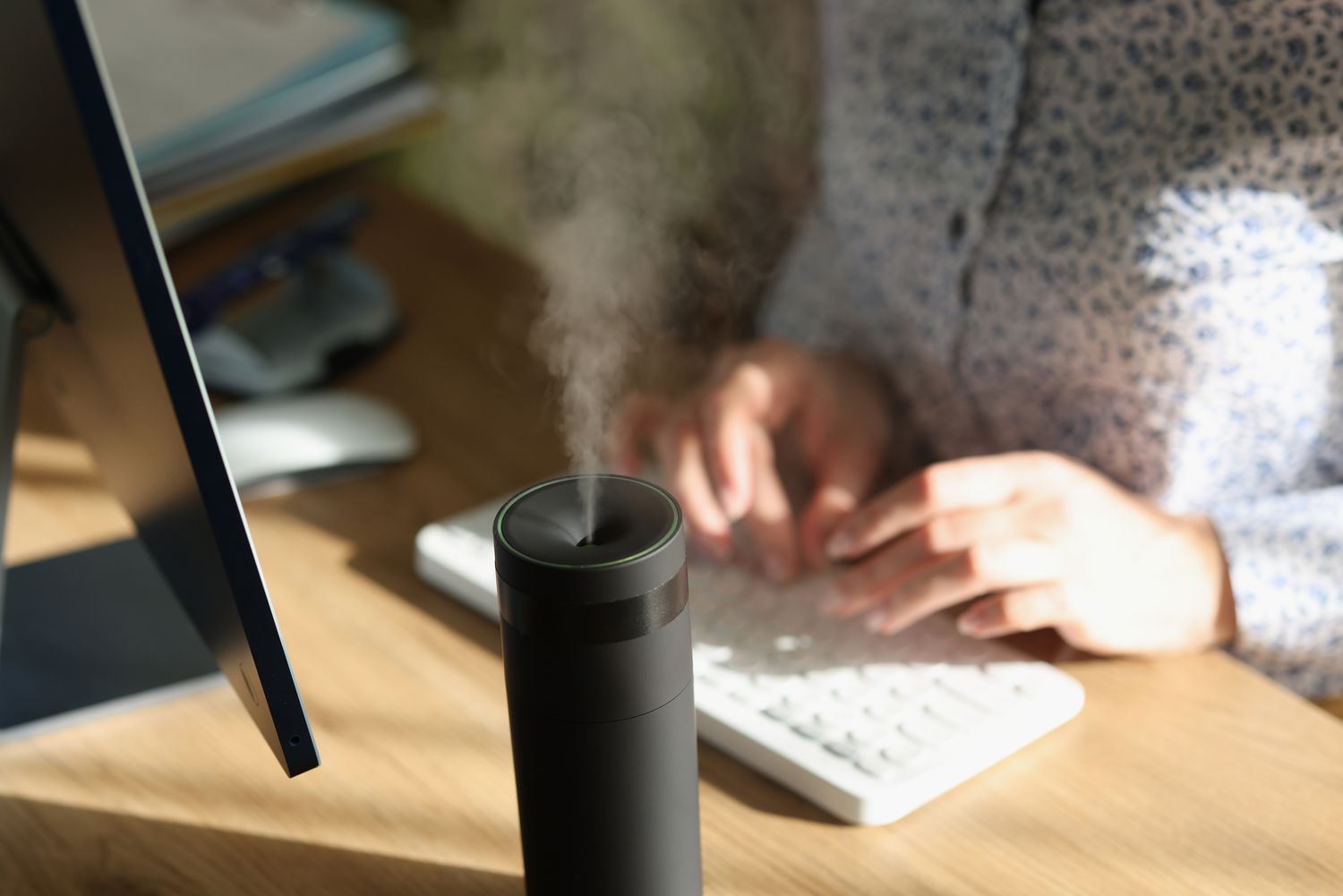Essential oils can be effectively utilized in numerous ways, enhancing your well-being and creating a pleasant environment. These concentrated plant extracts are popular in aromatherapy for their therapeutic properties, and they can serve an array of purposes such as stress relief and mood enhancement.
When inhaled, the aromatic compounds in essential oils reach the brain through the olfactory nerves, facilitating various positive effects on mental and emotional states. Understanding safe usage will enable you to harness the health benefits of essential oils while minimizing risks.
1. Put the Oils in a Diffuser
Using a diffuser is an excellent method for filling a room with the scent of your favorite essential oils. A diffuser disperses the oils into the air, creating a pleasant and therapeutic environment.
For instance, if you choose lavender essential oil to promote relaxation, placing it in a diffuser in your bedroom or yoga space can amplify its calming effects. Be aware, however, that some individuals may be sensitive to particular scents.
Ensure you read the instructions for your diffuser; some models require water along with the essential oil, while others use heat for evaporation. For those with respiratory issues, waterless diffusers are preferable, as they reduce the risk of bacteria being released into the air.
Make sure the room is well-ventilated, as prolonged exposure to high concentrations of essential oils can lead to health complications.
2. Inhale the Oils Directly
Another method to enjoy essential oils is through direct inhalation using an aroma stick, which can easily be placed under your nose. This inhaler contains a wick that absorbs the essential oil, allowing you to experience its benefits whenever desired.
Aromatherapy bracelets or necklaces designed with absorbent materials are also a great way to carry and inhale essential oils throughout the day.
3. Inhale the Oils Using the Dry Evaporation Method
The dry evaporation method is another effective way to inhale essential oils without intense exposure.
To practice this method:
- Allow the essential oil to evaporate into the air.
- Hold an absorbent material, such as a cotton ball or tissue, close to your nose to enjoy a gentler fragrance.
For example, you could leave a cotton ball soaked with your preferred essential oil on your nightstand or desk for a subtle scent.
4. Use the Steam Method
The steam method involves adding a couple of drops of essential oil to a bowl of steaming water. Leaning over the bowl with a towel draped over your head allows you to inhale the infused steam. Always remember to keep your eyes closed while doing this, as steam can irritate them.
This method is not suitable for children under 7, and older children should wear eye protection.
5. Add Oils to a Bath or Shower
Incorporating essential oils into your bath or shower can create a soothing experience. Since oil and water don’t mix, remember to dilute the essential oils with a base, such as:
- Aloe jelly
- A neutral carrier oil such as jojoba or grapeseed oil
- Lotion
6. Apply Essential Oils Directly to Your Skin
When applying essential oils to the skin, mixing them with a carrier oil is crucial to prevent irritation, as these oils are highly concentrated.
Choose mild oils like coconut or olive oil to create a diluted blend. It’s generally recommended to maintain a concentration of 3% to 5% when applying to small areas and only 1% when massaging larger body parts.
Test the diluted oil mixture on a small skin area first to check for any adverse reactions.
Caution Against Ingesting Oils
Essential oils lack regulation from the FDA regarding their safety and potency, making them generally unsafe for consumption. The high concentration in oils can lead to toxicity if ingested, so consumption should only occur under the supervision of a healthcare provider.
Who Should Avoid Them?
Certain populations may experience adverse reactions from essential oils. Children are particularly susceptible to negative effects, and parents should exercise caution when using them with kids.
Individuals with respiratory issues, like chronic obstructive pulmonary disease (COPD) or asthma, may be at higher risk for irritation. Additionally, those with allergies or sensitivities to specific scents should be cautious.
Check the Oil Quality Before Getting Started
Quality is paramount when selecting essential oils. Here are some tips for choosing high-quality oils:
- Confirm that the scientific name appears on the label.
- Look for contact information for inquiries.
- Ensure the source of the oil is listed.
- Choose organic options when possible to avoid additives.
Summary
Essential oils are remarkable natural extracts that can enhance well-being through various applications in aromatherapy. However, methods such as direct inhalation or topical application without dilution may lead to irritation. Avoid ingesting essential oils unless supervised by a healthcare professional. Always exercise caution and check the quality of oils before use to maximize benefits while minimizing risks.
By taking these precautions, you can safely enjoy the many benefits that essential oils have to offer.
Discover more from Marki Mugan
Subscribe to get the latest posts sent to your email.









